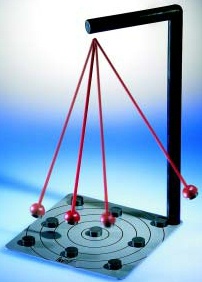Drop thermonuclear questions much?
I think both too much and not enough.
Too much in the sense that, as Bob points out, CvC wasn't addressing the elements of conflict that lie more in the area of political and social relationships and maneuvering. (For that, see Machiavelli.)
Not enough in the sense that the principles he was developing (remember that Vom Kriege was an incomplete first draft published after his death) haven't really changed.
As an example, I don't think CvC helps arrive at an understanding of the Anbar Awakening. The Prince, on the other hand, helps a great deal








 Reply With Quote
Reply With Quote




Bookmarks